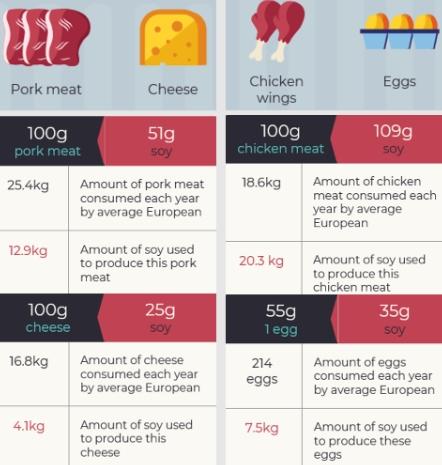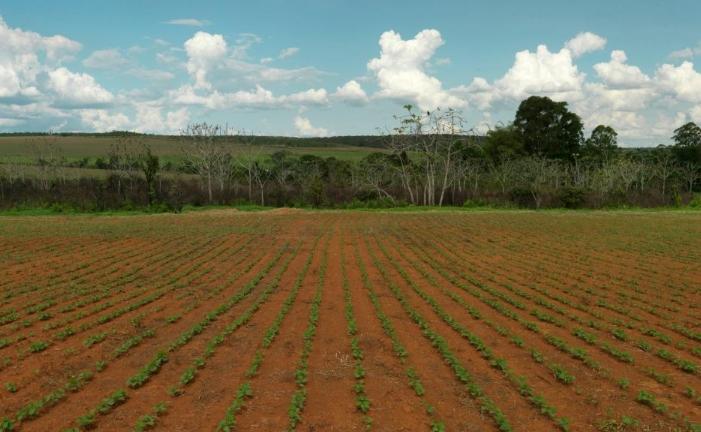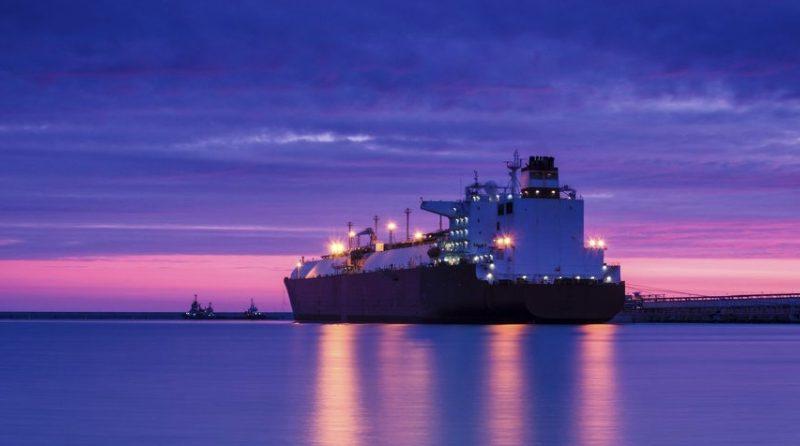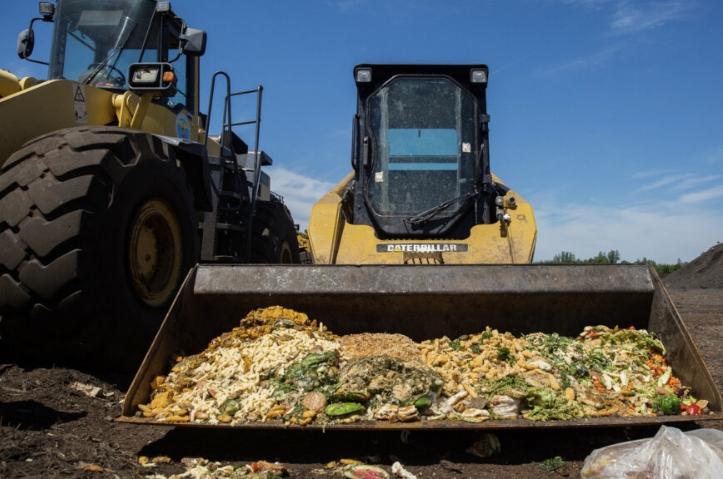Picture this: soybeans, tiny yet mighty, are one of the world’s super crops. They feed both us and our livestock. However, our growing appetite for these little beans is leading to large-scale deforestation, especially in precious regions of South America.
Amidst the vast Amazon lies the Cerrado, Brazil, a unique ecosystem bustling with 5% of the world’s biodiversity and storing a whopping 13.8 billion tonnes of carbon. Yet, it’s under threat, getting cleared for more soy and beef farms.
Interestingly, there’s a solution right under our nose. Studies have pointed to over 25 million hectares of degraded land that could be used for crops like soy without touching any more native vegetation.
Europe’s Soy Obsession
Shockingly, every person in Europe ends up consuming about 61kg of soy yearly, and it’s not just from your favorite soy latte. It’s hidden in daily diet – meat, cheese, milk, and eggs. In a nutshell:
- Over 75% of all soy is destined for our plates indirectly through animal feed.
- Growing demand for meat means more pressure on places like the Cerrado.
The UK, in particular, has a soy footprint hard to ignore. A 2015 WWF’s report showcased UK’s import of around 3.3 million tonnes of soy annually, needing 1.68 million hectares (11 times the size of Greater London) of foreign land. Alarmingly, 77% of this soy is sourced from high-deforestation risk zones.
UK Takes Action

To combat this eco-dilemma, the UK government launched the UK Roundtable on Sustainable Soya in 2018. Its mission? Get UK businesses on board to fight deforestation from soy production. By October 2019, 6 out of the 10 major UK supermarkets unveiled their game plans to back deforestation-free soy.
But let’s ask the real question: Are all soy commitments made equal?
We decided to dive deep into the promises made by popular UK retailers. Using publicly available data, here’s a simplified scorecard based on their actions to advance towards deforestation-free soy:
- Top Performers: Tesco and Waitrose, leading with flying colors.
- Mid-Packers: The Co-Op, Aldi, Asda, Lidl, and Sainsbury’s.
- Need Improvement: Iceland and Morrisons – they need to up their game.
Scoring Metrics:
- A concrete and timely commitment to 100% deforestation-free soy.
- An actionable and transparent plan.
- Use of credible deforestation standards.
- Aim towards physically certified soy.
- Aspiration to upscale sustainable soy production.
- Participation in transforming the entire sector.
For a detailed breakdown, you can check out our full report.
The Road Ahead
Policies and commitments are great first steps, but action speaks louder. It’s vital for retailers to walk the talk, report their progress, and ensure their global supply chains are sustainable. While some have made commendable strides, there’s still a long way to go.
That suggestions for retailers to make impactful change include:
- Expanding commitments beyond UK supply chains.
- Supporting industry-wide transformative solutions.
- Backing the use of rehabilitated land and native vegetation restoration.
- Collaborating with the UK government to frame laws ensuring deforestation-free supply chains.
If we truly want to counter climate change and protect nature, we must address the soy-driven deforestation. Every step taken today can pave the way for a greener tomorrow. Let’s hope retailers rise to the occasion.



